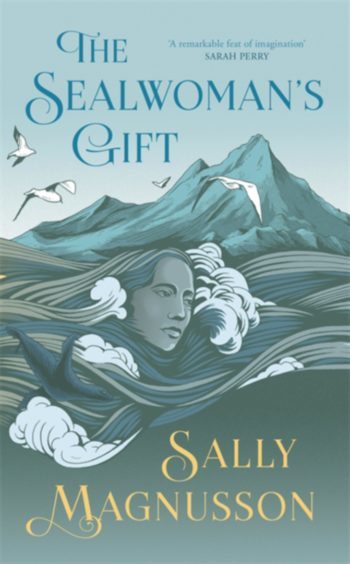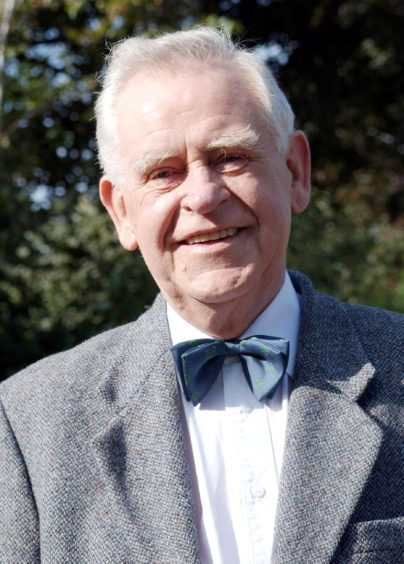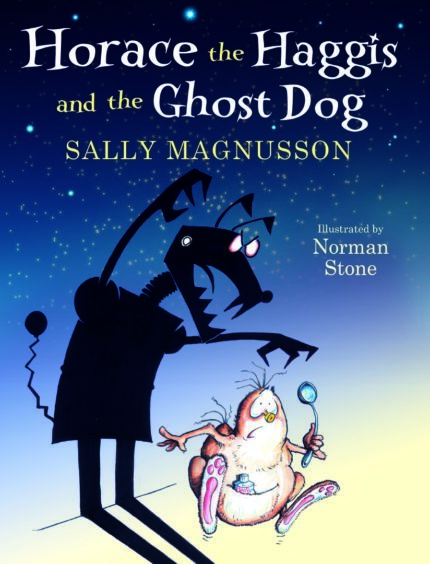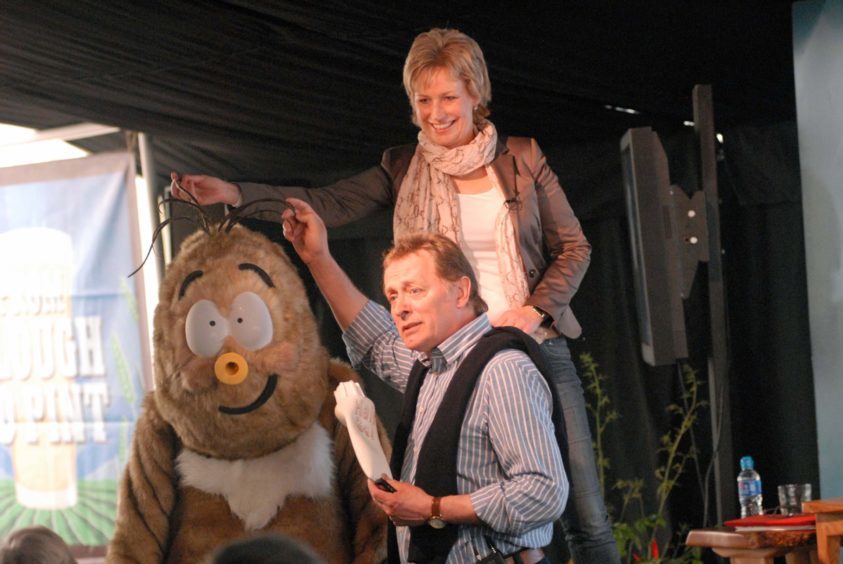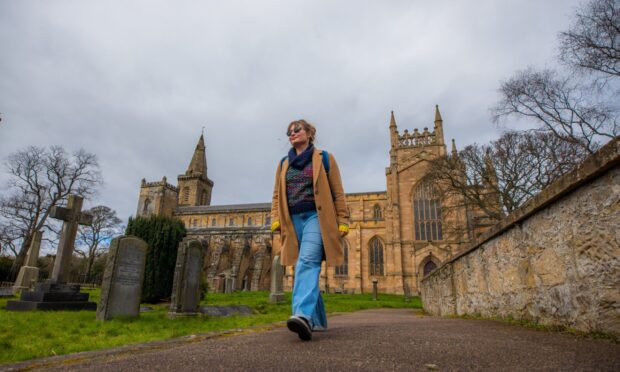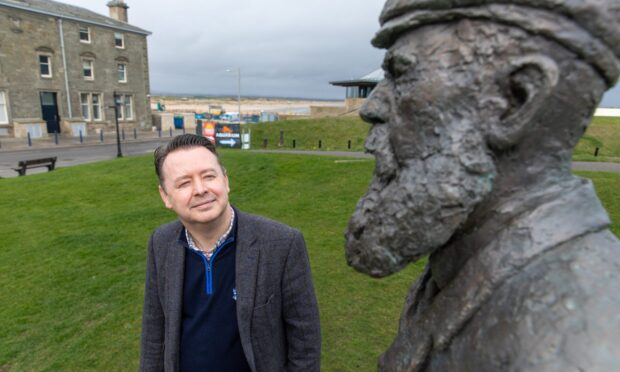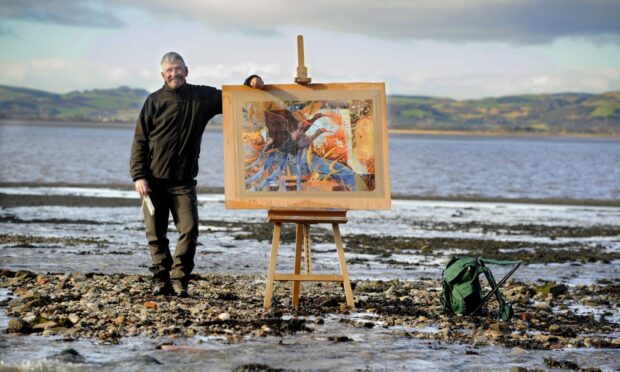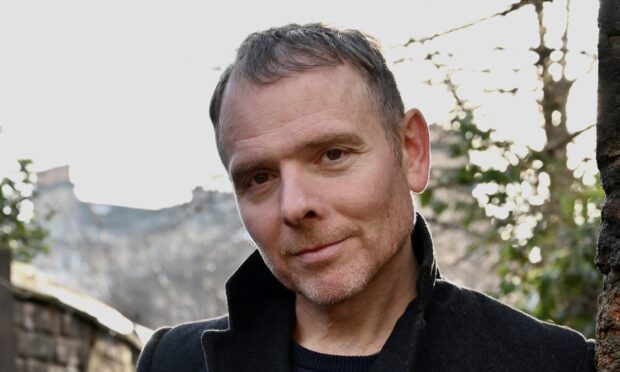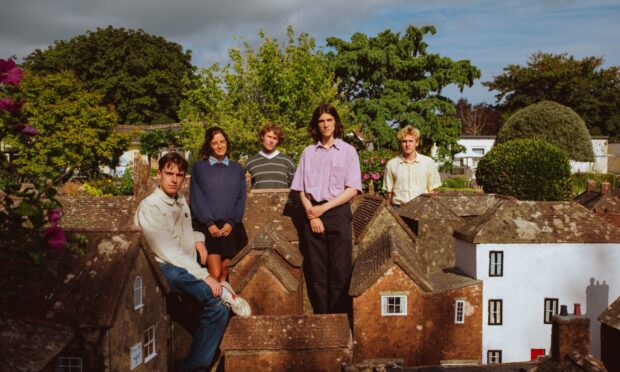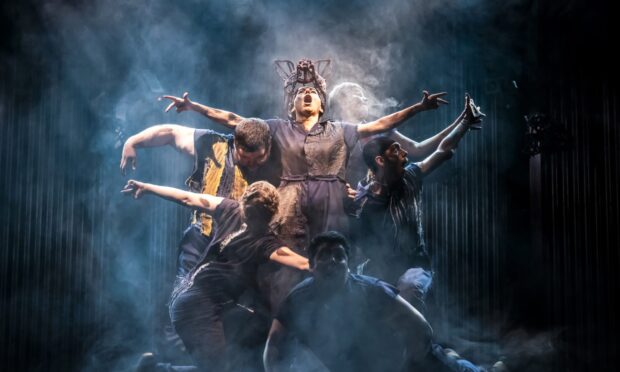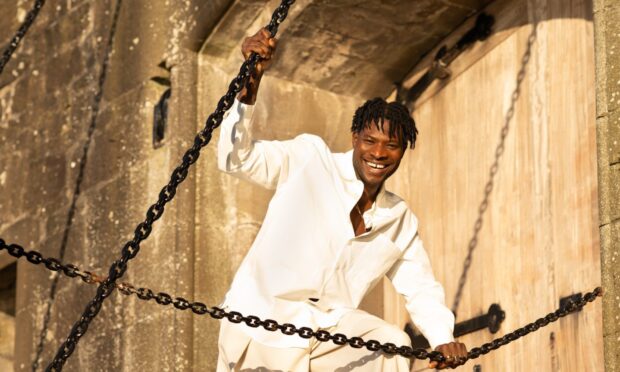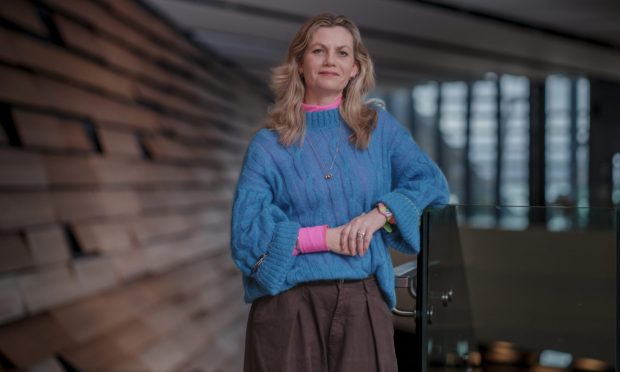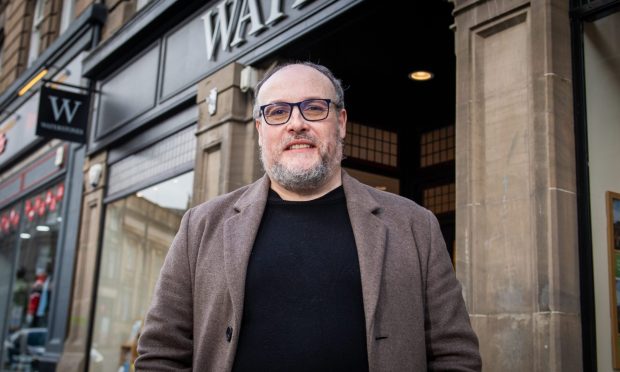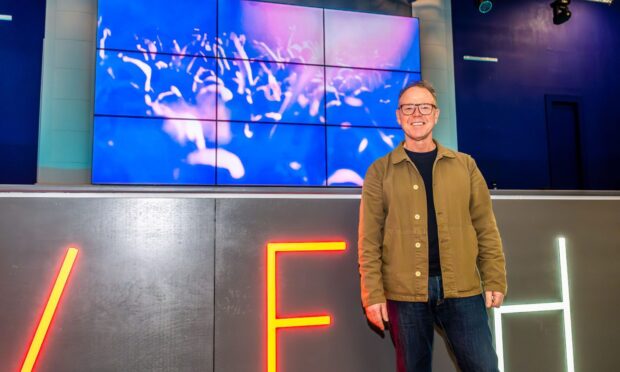A poignant true story set in 17th Century Iceland awaits visitors to the Winter Words Festival at Pitlochry Festival Theatre tomorrow. Broadcaster and author Sally Magnusson will talk about her debut novel, The Sealwoman’s Gift, a reimagining of the plight of the women and children involved in a 1627 Icelandic pirate raid.
Barbary pirates raided the coast of Iceland and abducted some 400 of its people, including 250 from a tiny island off the mainland. Among the captives sold into slavery in Algiers were the island pastor, his wife and their three children. Although the raid itself is well documented, little is known about what happened to the women and children afterwards.
Sally, the daughter of Magnus Magnusson, is half Icelandic and she wanted to acknowledge the trauma this event had on the country’s history. “Although I was aware of the raid, I didn’t know a lot about it until I read a memoir written by a pastor caught up in the event. He wrote about being taken away in a big ship to Algeria and seeing his family sold as slaves. I got a sense of the immense trauma of the raid and discovered that Algerian corsairs had been raising innocent coastlines for more than a century. Iceland was the furthest they got.”
In her novel Sally gives a voice to Ásta, the pastor’s wife, inspired by the sagas and folk tales of her northern homeland.
“As I got older I became more drawn into the Icelandic storytelling tradition,” she explains. “My father was translating the Icelandic sagas and then we went to Iceland to hear the folklore of this rugged country – the sealwomen (selkies), the trolls, the hidden people, the elves.”
But, she stresses, the story isn’t about selkies. “The old sealwoman, along with the elfman, are symbolic characters, used to give a sense of the importance of storytelling in Asta’s life and the way storytelling has enabled her to survive the traumatic circumstances she finds herself in. The novel is about the eternal power of storytelling to help us survive.”
As a writer, Sally has been widely published, including Life Of Pee, Dreaming of Iceland and – her first foray into fiction – the Horace the Haggis series for children.
But as she soon discovered, writing a novel demanded rather different skills.
“Horace the Haggis was the first time I’d let my imagination rip but an adult novel let me rely more and more on my imagination,” she says. “As a journalist, you’re tied to factual truthfulness – that’s the main lodestar. While the novel has a historical framework – finding out how much is known and being respectful of that – I let my imagination fly a bit to make it a novel rather than a non-fiction book. Journalists tend to enjoy research and the hunt for juicy detail but pages of descriptive detail might not be what the novel needs. It was a process of learning a new craft.”
No stranger to Pitlochry Festival Theatre’s Winter Words, Sally is looking forward to returning tomorrow.
“The audience are always wonderfully engaged and warm and I hope they will be tomorrow too!” she smiles. And she’s working on a new historical novel, this time set in Scotland. “I’m just trying to structure it now so we’ll see how that develops.”
www.pitlochryfestivaltheatre.com

